We may soon be confronted with a choice by our European partners: if Poland wants to admit Ukraine (and other candidate countries which fulfil the basic conditions) to the EU, it must agree to a reform of the Union which will further centralise it and remove the principle of unanimity in the Union's foreign policy - and probably also in the few remaining areas where it is still applicable. This was already announced by Chancellor Olaf Scholz in his speech in Prague.
The endeavour to legitimise the permanent extension of EU competences at the expense of the Member States by means of changes to the Treaties, and to give them important new powers, is increasingly evident. Already during the 'Conference on the Future of Europe', the European Parliament and 'citizens' representatives, or in fact activists of federalist organisations, demanded the convening of a Convention to formally propose changes to the Treaties. So far this has not happened - for European states are still divided on this issue. Shortly after the Conference, two letters were published - one signed by countries ready to implement its demands (Germany, Italy, Spain, Belgium, the Netherlands and Luxembourg) and the other, whose signatories argued against a rapid reform of the Treaties (Bulgaria, Croatia, the Czech Republic, Denmark, Finland, Estonia, Latvia, Lithuania, Malta, Poland, Romania, Slovenia, Sweden). Since then there has been an impasse in the Council. The Council and the Commission have assessed the Conference proposals in working documents, indicating that there is also the possibility to implement them without amending the Treaties. However, neither the previous Czech Presidency nor the current Swedish Presidency has taken any concrete action on this issue.
The advocates of centralisation of the Union through treaty changes are not laying down their arms. The European Parliament is working hard on this. It will put pressure on the Council to convene a Convention. A resolution adopted last June, in which Parliament, citing Article 48 of the Treaty on European Union, put forward several proposals for treaty change, was intended to do just that. The Council did not react formally to these, arguing that Parliament should submit its proposal in the form of a report drawn up by the Committee on Constitutional Affairs (AFCO) and adopted in a plenary session, rather than in a non-binding resolution. Accordingly, Parliament started work in the AFCO committee.
And AFCO has already been preparing detailed proposals for treaty amendments since last autumn. Parliament can be expected to put them forward as soon as circumstances are favourable. The intention of the initiator of the work (former Belgian Prime Minister Guy Verhofstadt of the Renew group) was that the report should be a document jointly drafted and signed by all political groups represented in Parliament. However, the right-wing ID faction opted out of participating in the work of the team. In contrast, the ECR is still involved. Its rapporteur is Jacek Saryusz-Wolski, but he acts mainly as the only one contesting the proposals being put forward. Work on proposals to amend the Treaty on European Union is already at a very advanced stage, and a parallel revision of the Treaty on the Functioning of the European Union is also under way.
Many of the changes proposed by AFCO are fundamental. They concern, among others, Article 7, which is of great interest to Poland, and procedure to be followed in the event of a breach of Union values as enshrined in Article 2. According to the proposed amendment, not only the Council by qualified majority (rather than unanimously as before), but also the Parliament by a majority of its members, could refer a case to the CJEU against a Member State. In Article 2, AFCO proposes to speak in general terms about gender equality instead of equality between men and women - because, as we know according to 'progressive' circles, there are after all many genders. In Article 4.1, stating that "in accordance with Article 5, all competences not conferred on the Union in the Treaties remain with the Member States", the addition: "in accordance with their internal constitutional order" is proposed, which would open the way for the Union's institutions to question the Member States’ competences and grant those institutions the right to assess whether they are compatible with the constitutional order of the state concerned.
There are also proposals to increase the direct participation of European citizens in decision-making processes. For example, the possibility of pan-European referendums is introduced, allowing state decisions to be circumvented. There are proposals to change the names of the institutions ('Executive Commission') and their representatives (e.g. talk of a 'President of the European Union' or an 'EU Foreign Minister'), to reduce the number of Commissioners, to change the way the Council votes (including on foreign policy matters), to grant the legislative initiative to the Parliament. The possibility of EU funding for the purchase and development of armaments would also be a landmark change, as would be the creation of permanent military units under direct EU command.
These and other proposals lead to a radical overhaul of the Union, which, from an association of states, would become an independent political entity, with its own legitimacy, finances, army, foreign policy and so on. Such a Union would mean abolishing sovereign member states and reducing them to the role of self-governing units or states or - at best – federal states. It is not known when the AFCO Commission will conclude its work; formally present its proposals and when they will be voted on in the European Parliament, with a binding demand to convene a Convention.
However, even if a Convention were to be convened, and if changes to the Treaties were decided upon, it is unlikely that they would all come into force in such a radical form as that proposed by AFCO. Nevertheless, these proposals reflect the trends in the European Parliament of this term, as well as in parts of the European elite and so-called civil society.
The war in Ukraine, the increasingly tense international situation, the growing sense of insecurity will be used to create a favourable atmosphere for further centralisation steps. Those who want to preserve the Union as an association of states and the hitherto existing states as a form of political organisation in Europe should therefore not only defend the Treaties, but also formulate their own proposals to clarify some of their provisions in order to prevent a creeping centralisation of the Union. They should present an alternative positive vision of the future Europe and of cooperation between free nations.
Read also
The Goodness of Europe and the Evil of this World
A striking feature of our times is that we are confronted with two radically opposed assessments of the spiritual state of contemporary Europe.



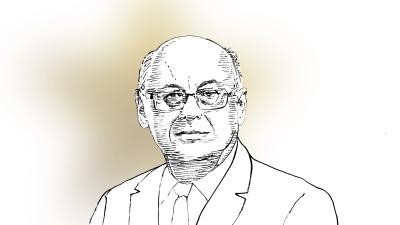

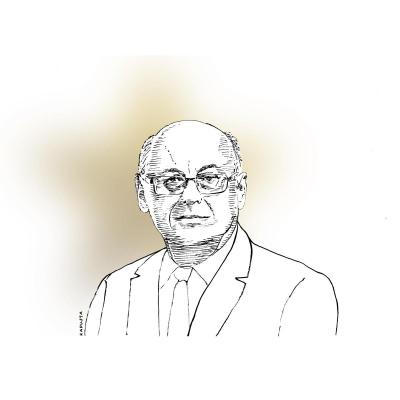
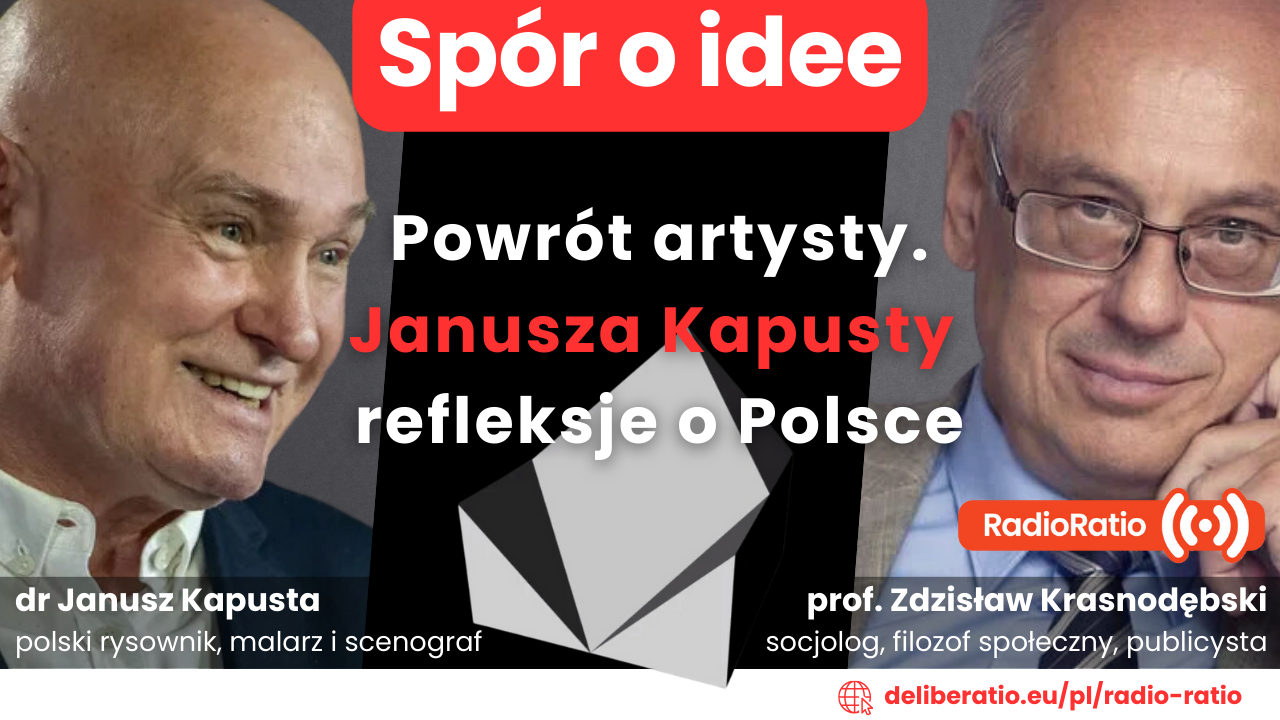
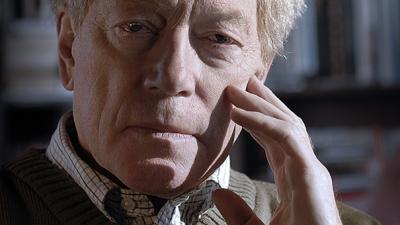

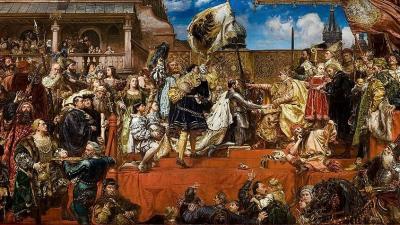



Comments (0)